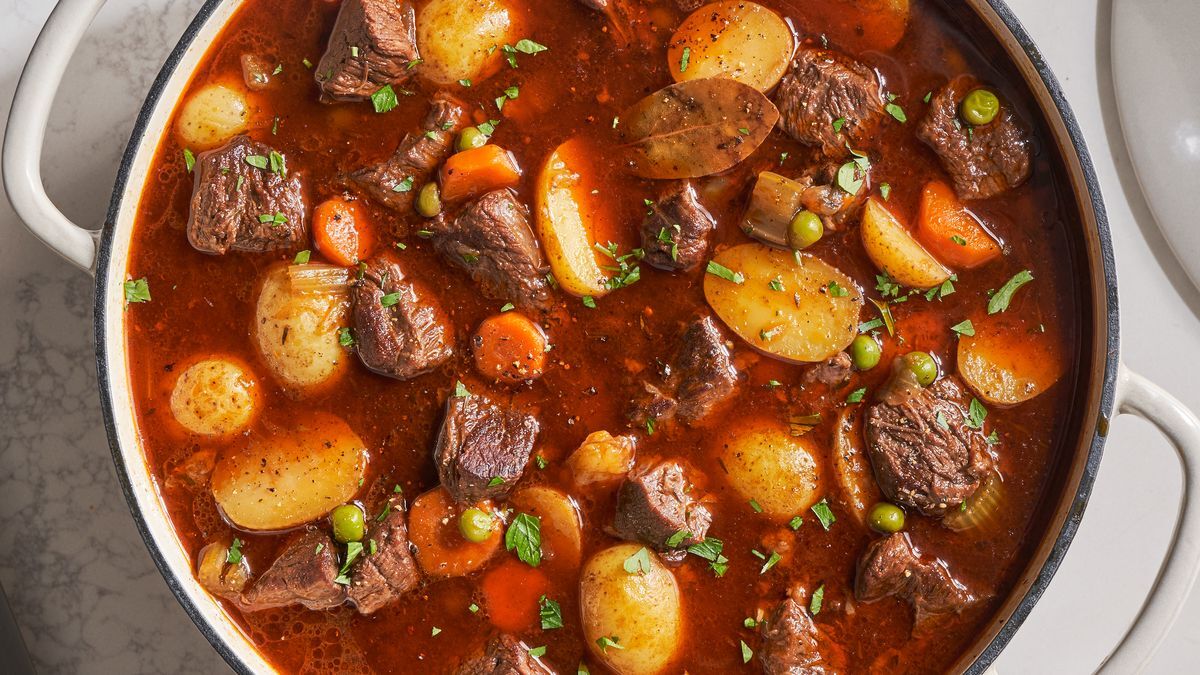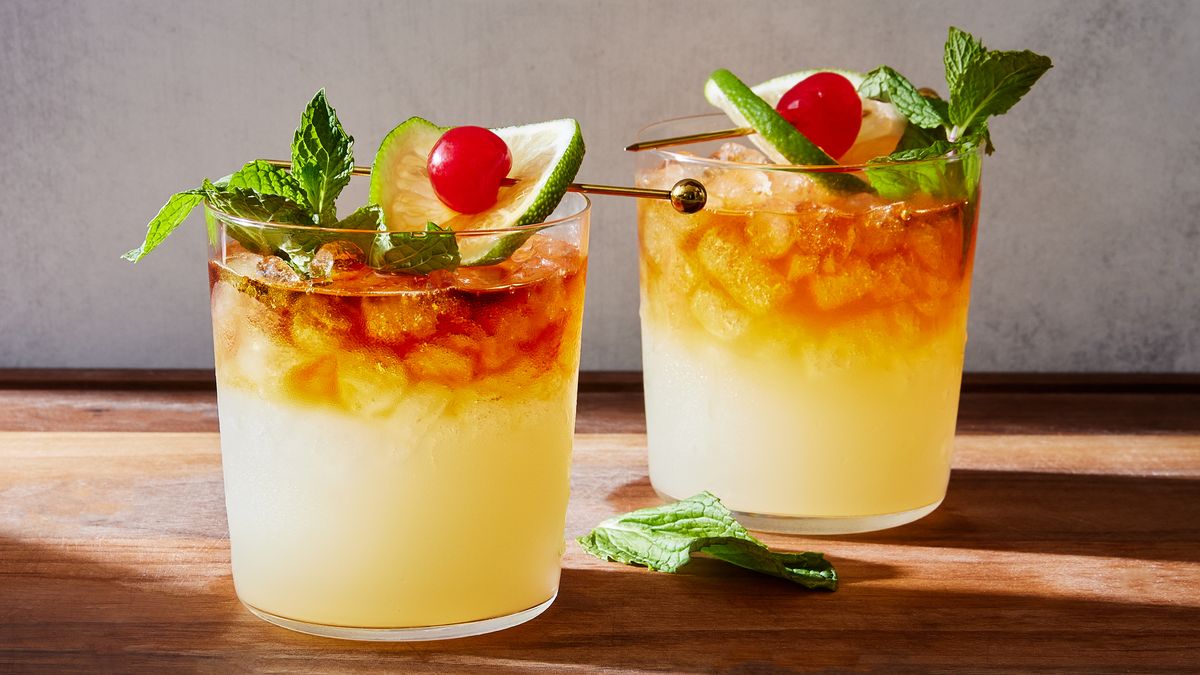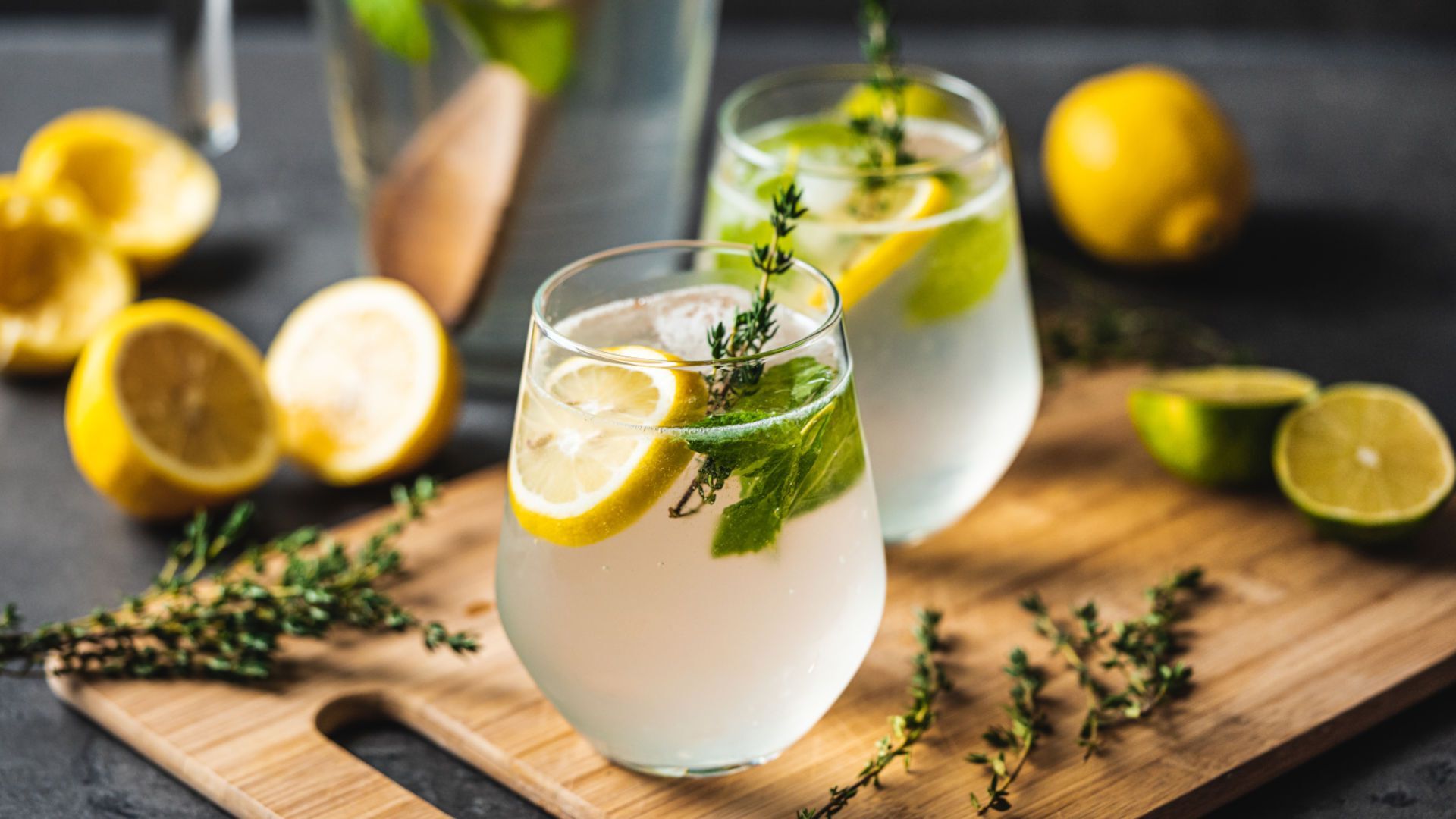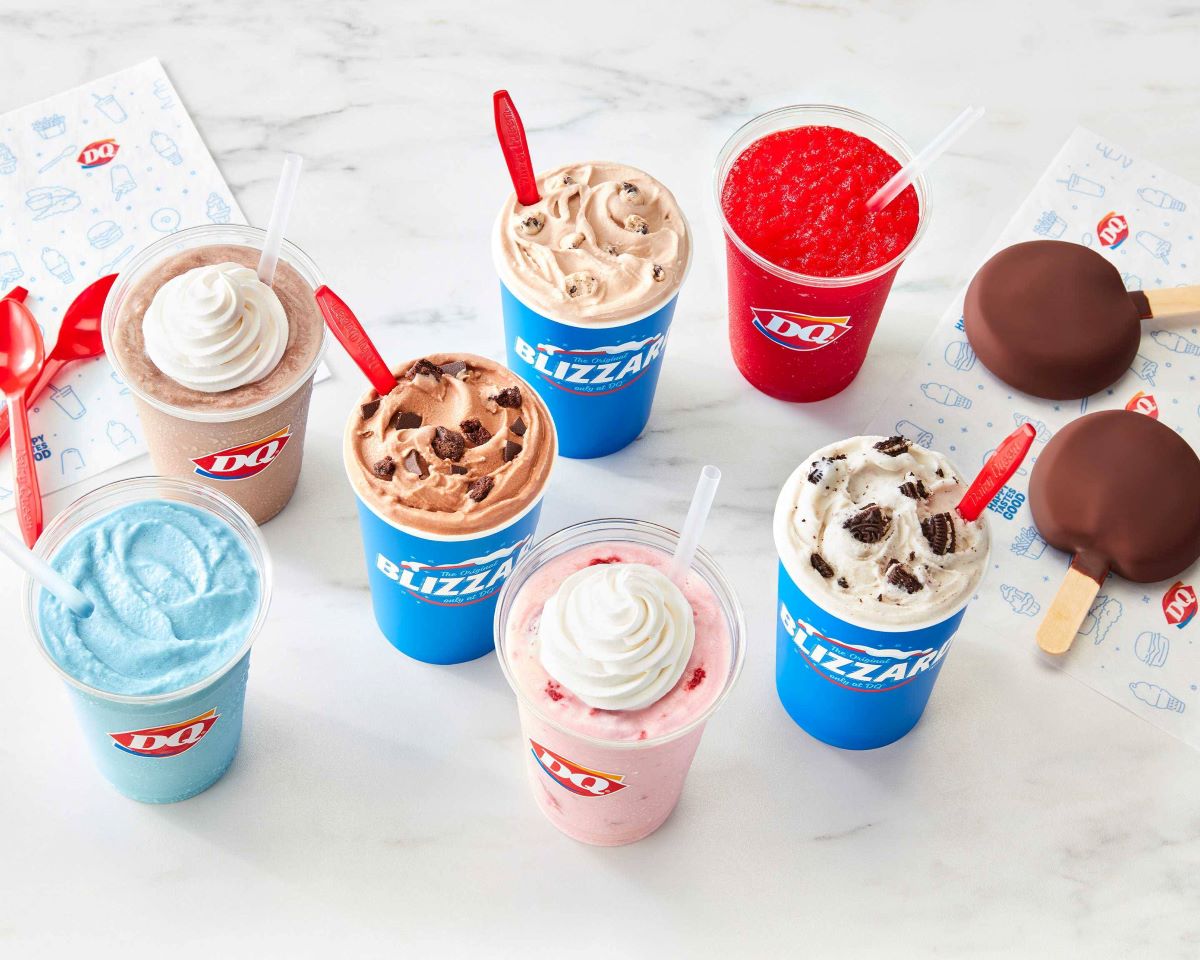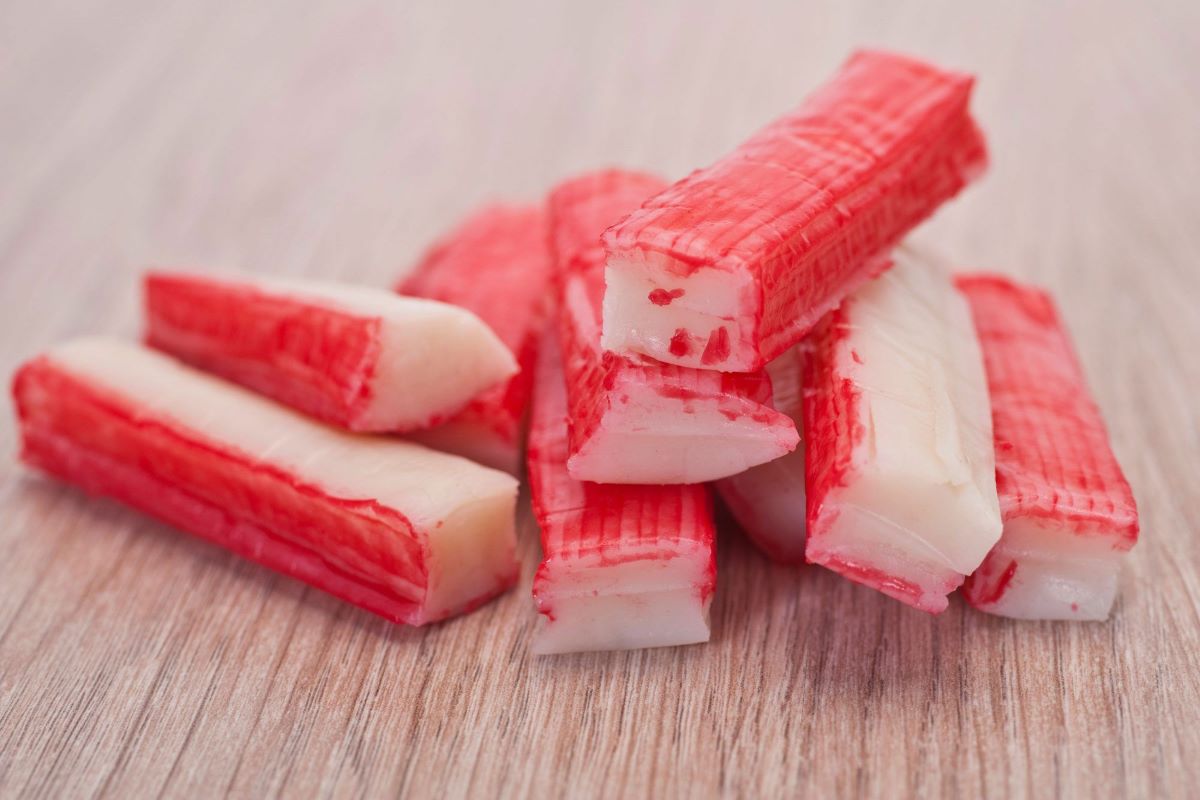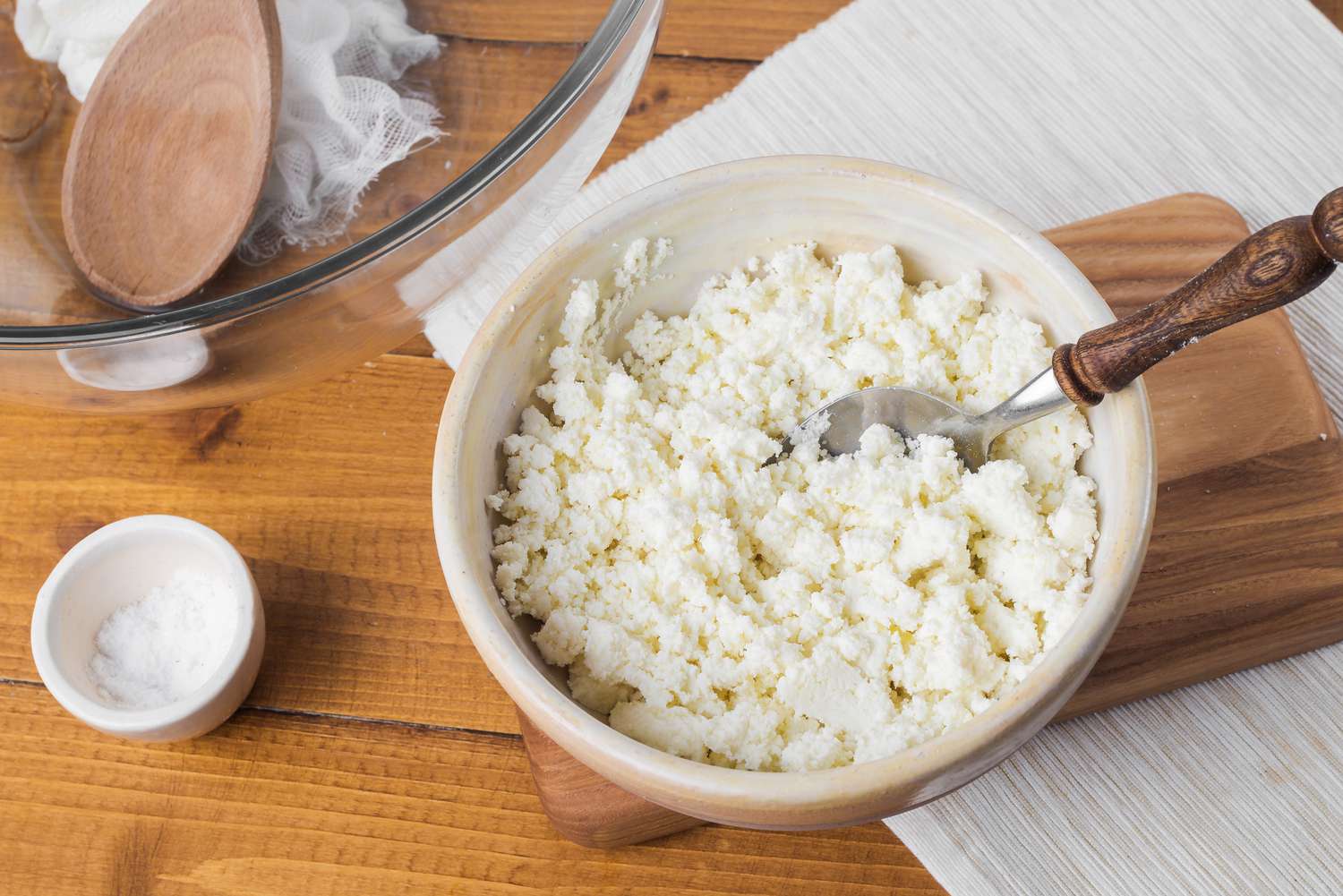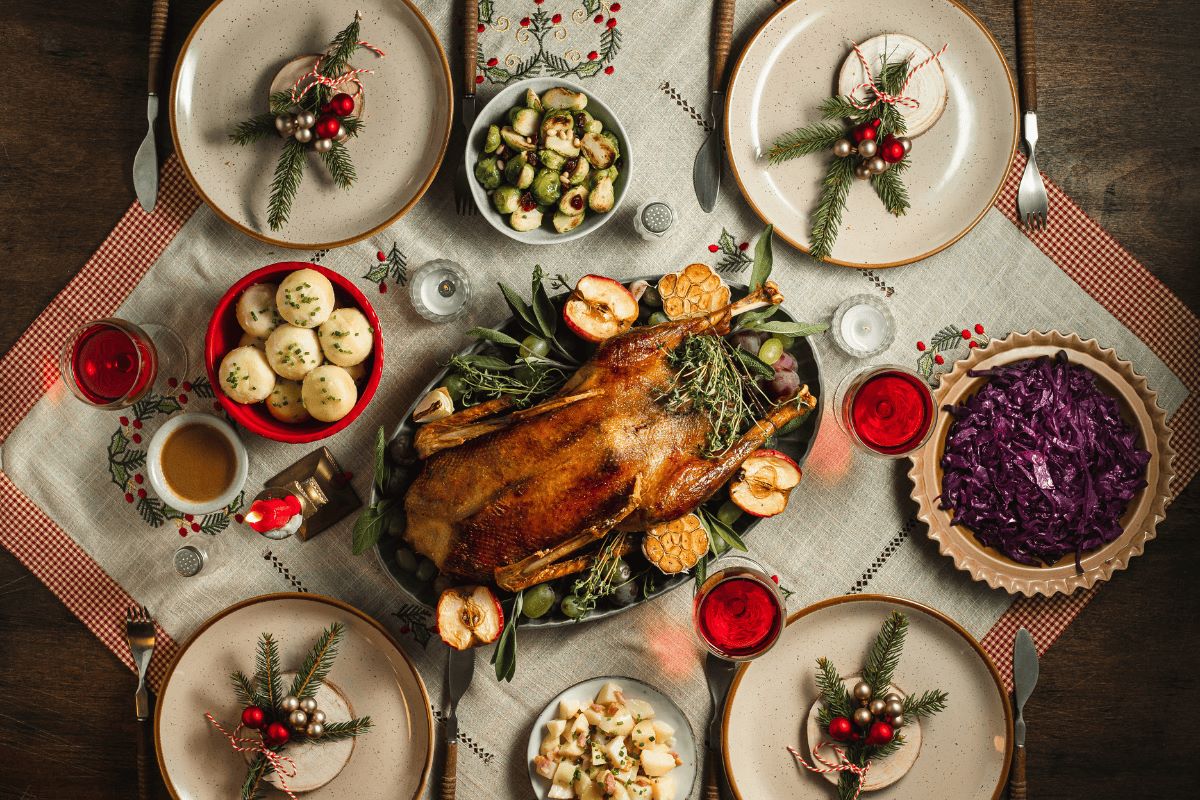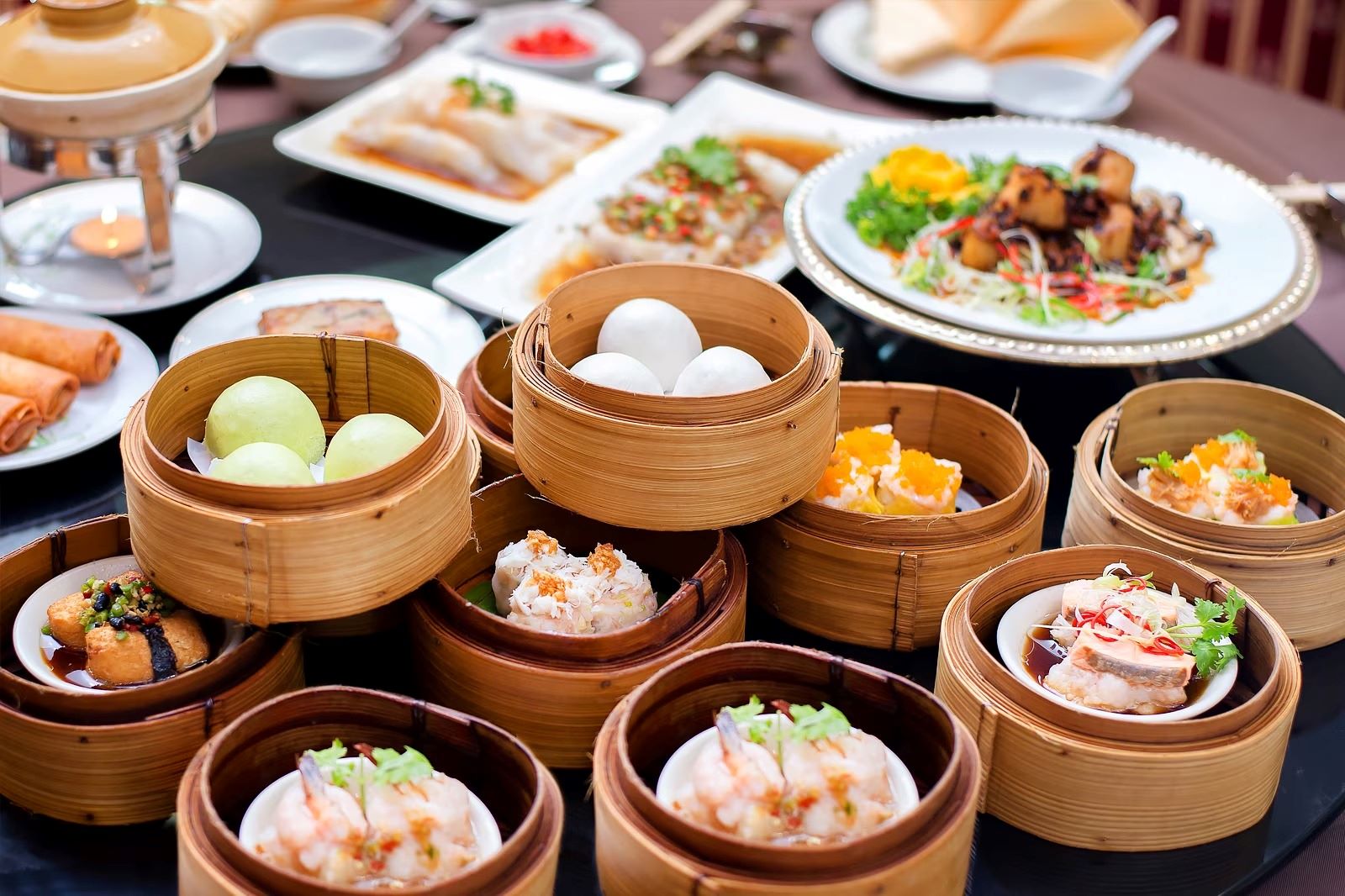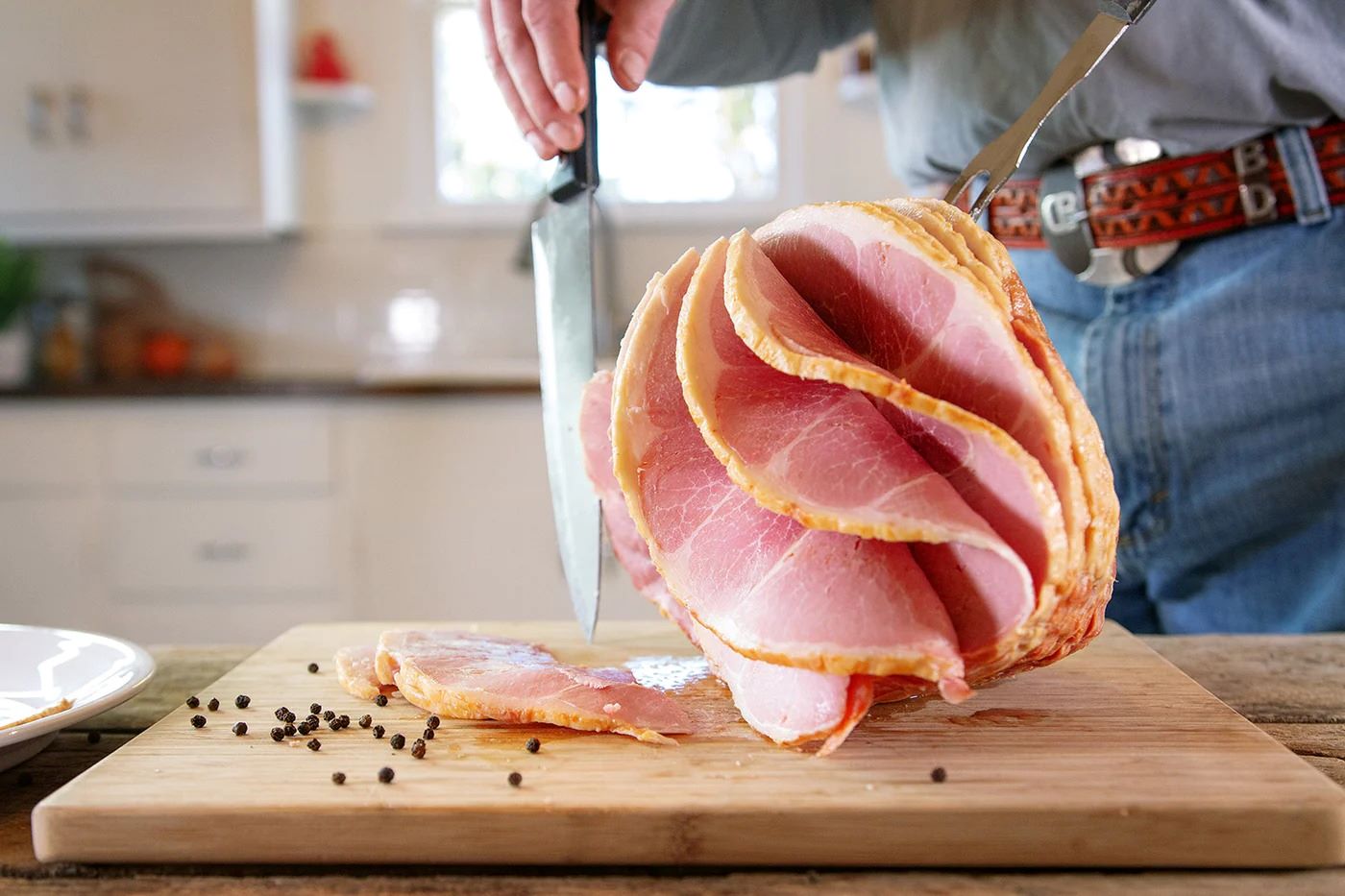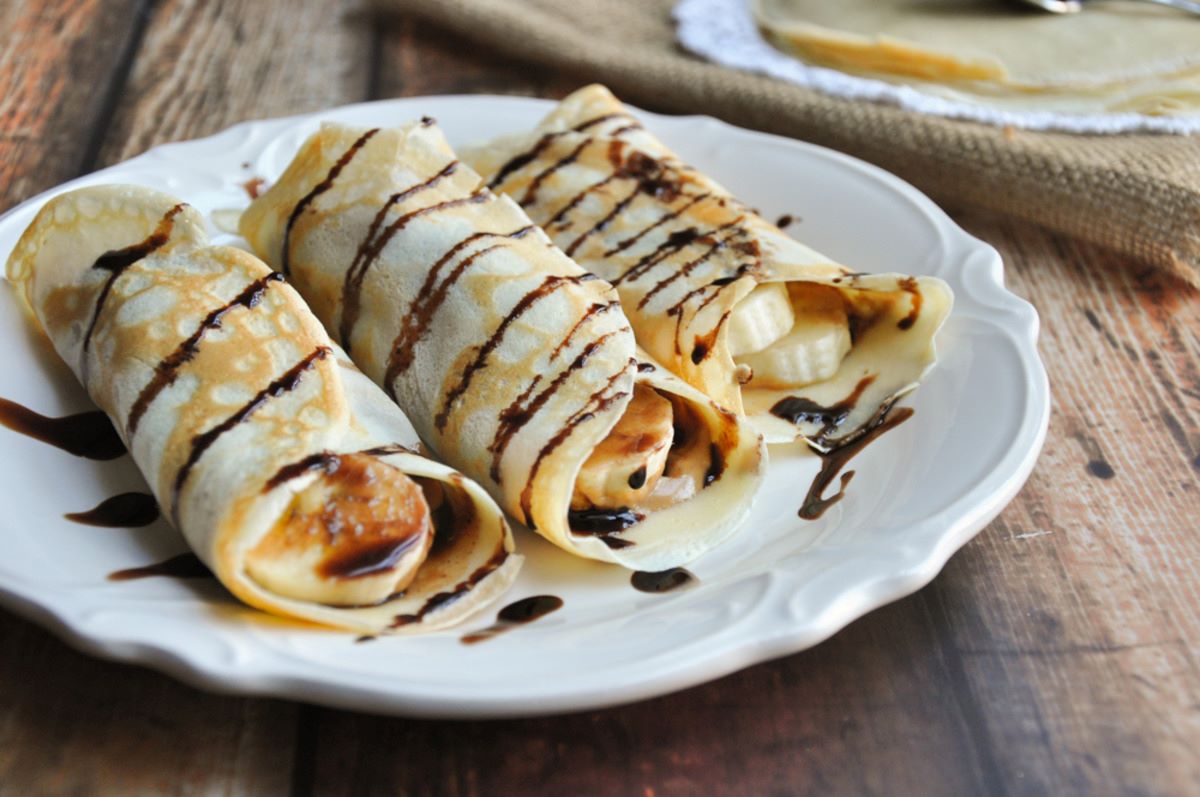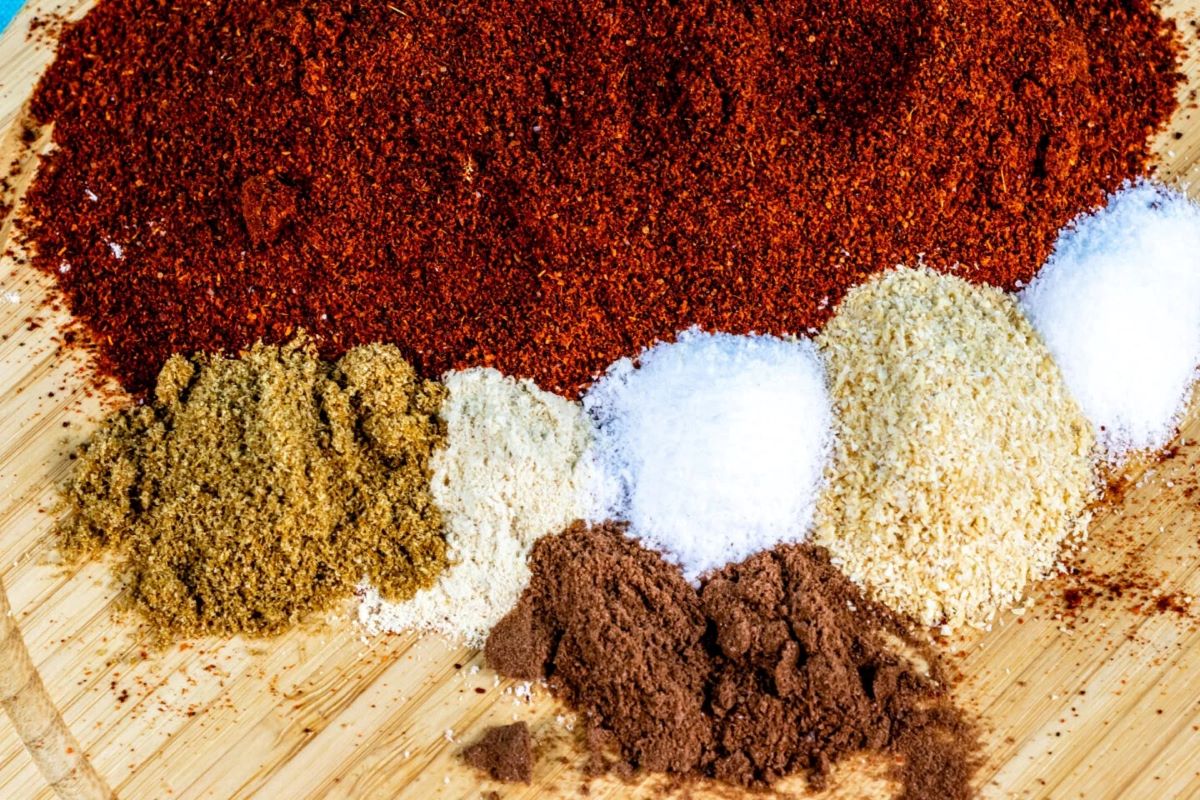Discovering the Delightful World of German Coffee
When it comes to coffee, Germany has a rich and unique coffee culture that is worth exploring. German coffee is not just a beverage; it’s a cherished tradition that has been passed down through generations. Let’s take a closer look at what makes German coffee so special.
The History of German Coffee
German coffee has a long and storied history. Coffee first arrived in Germany in the 17th century, and it quickly gained popularity among the elite. Over time, coffeehouses became social hubs where people gathered to discuss politics, literature, and the arts. Today, coffee remains an integral part of German culture, with coffeehouses serving as gathering places for friends and family.
Types of German Coffee
German coffee is known for its rich and flavorful varieties. Some popular types of German coffee include:
- Filterkaffee: This is the most common type of coffee in Germany. It is made by brewing ground coffee in a filter, resulting in a smooth and mild flavor.
- Espresso: Germans love their espresso, which is a strong and concentrated coffee that is enjoyed in small servings.
- Kaffee verkehrt: This is a unique German coffee drink that consists of strong coffee served with hot milk.
German Coffee Traditions
German coffee culture is steeped in tradition, and there are certain customs and rituals that are associated with coffee consumption. One such tradition is the concept of “Kaffee und Kuchen,” which translates to “coffee and cake.” This tradition involves gathering with friends or family in the afternoon to enjoy a leisurely coffee break accompanied by a slice of delicious cake.
Another beloved tradition is the “Elevenses,” which is a mid-morning coffee break that typically includes a pastry or a small snack. Germans take their coffee breaks seriously, and these rituals provide a welcome respite from the hustle and bustle of daily life.
German Coffee Culture Today
While traditional coffeehouses still hold a special place in German culture, there has been a growing trend towards specialty coffee shops and artisanal roasters. These establishments focus on sourcing high-quality beans and crafting unique and innovative coffee creations. This modern twist on German coffee culture has brought a new level of excitement and creativity to the coffee scene.
Conclusion
German coffee is more than just a beverage; it’s a reflection of the country’s rich history and vibrant culture. Whether you prefer a classic cup of Filterkaffee or an expertly crafted espresso, exploring the world of German coffee is a delightful journey that is sure to satisfy your senses and ignite your passion for this beloved brew.
So, the next time you find yourself in Germany, be sure to immerse yourself in the enchanting world of German coffee and savor every sip of this time-honored tradition.
Was this page helpful?
Read Next: What Is The Healthiest Applesauce
